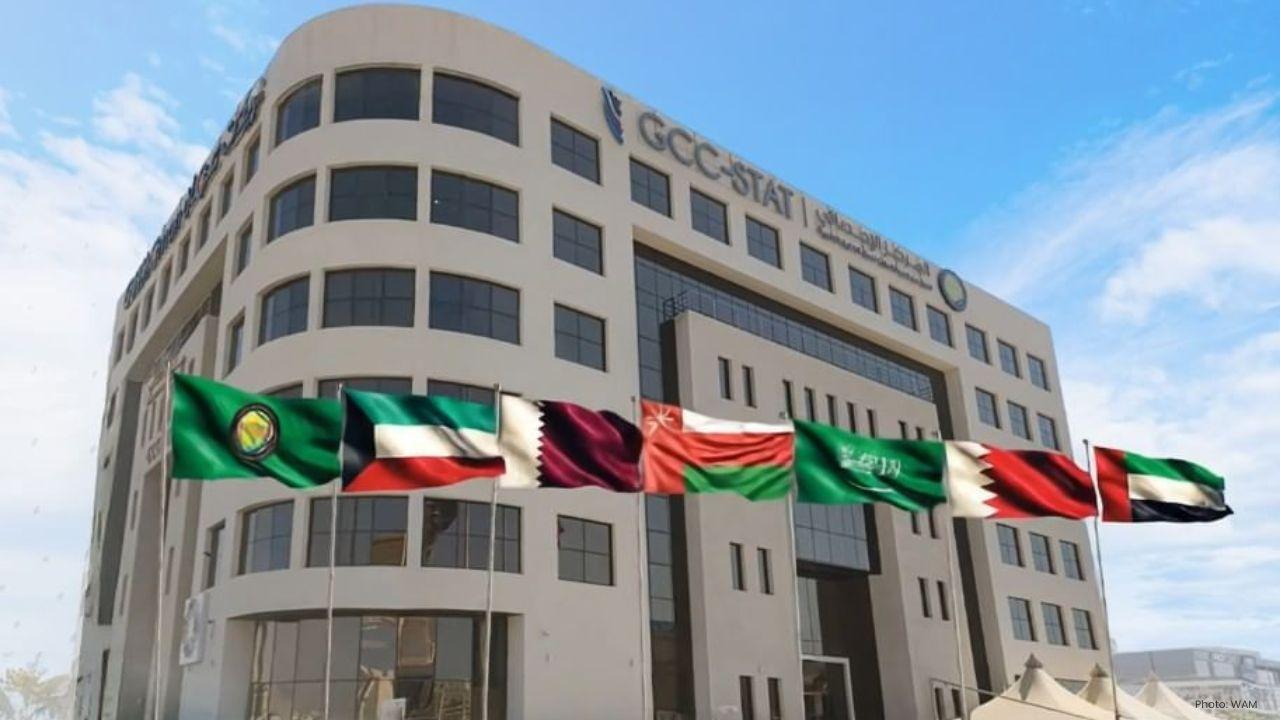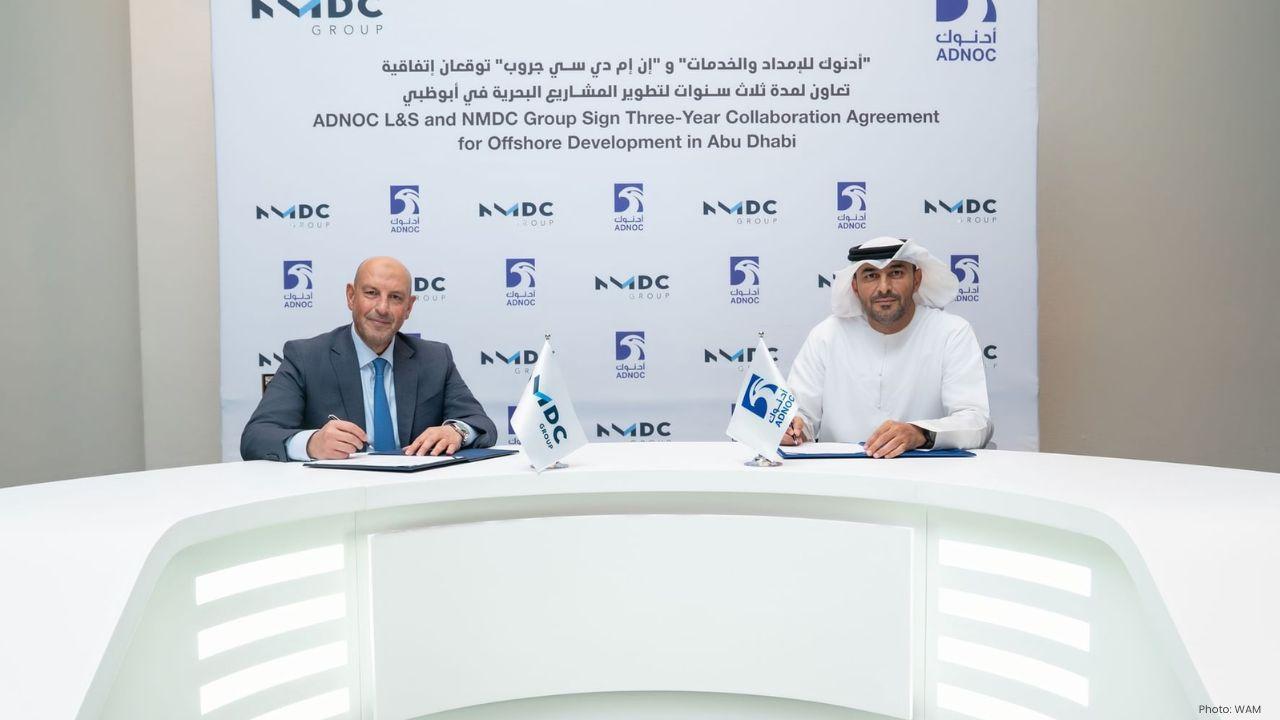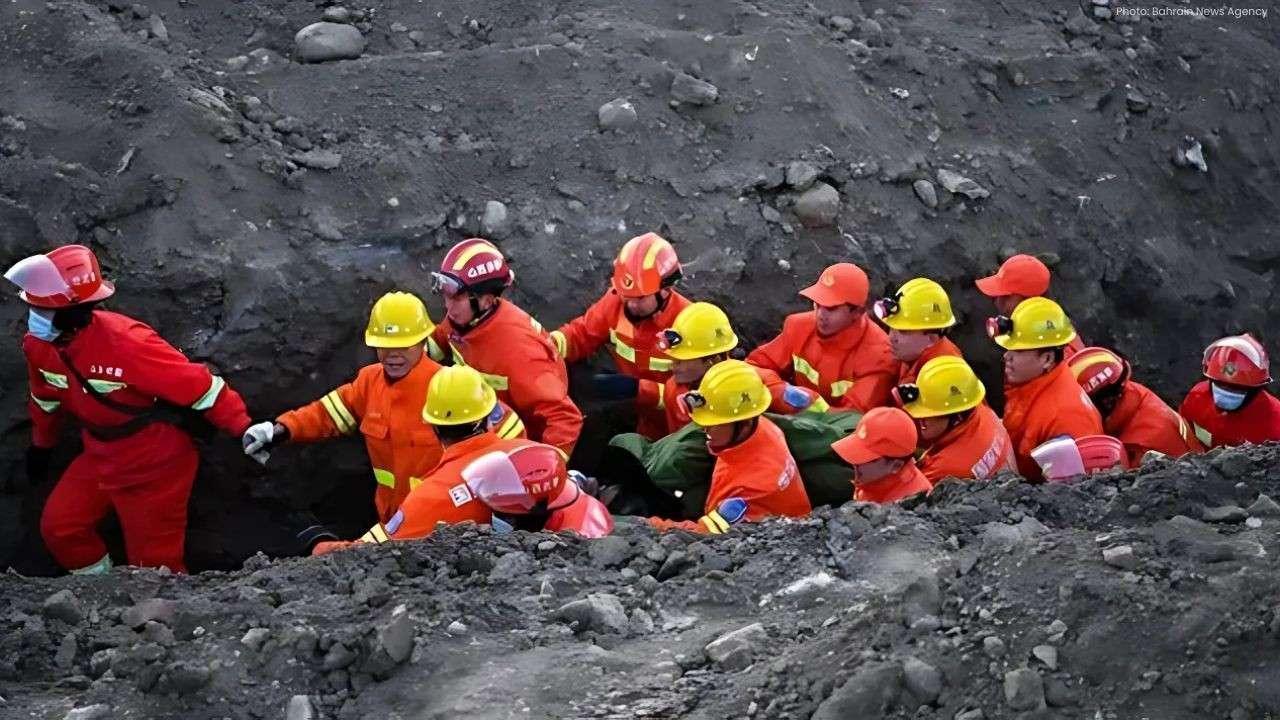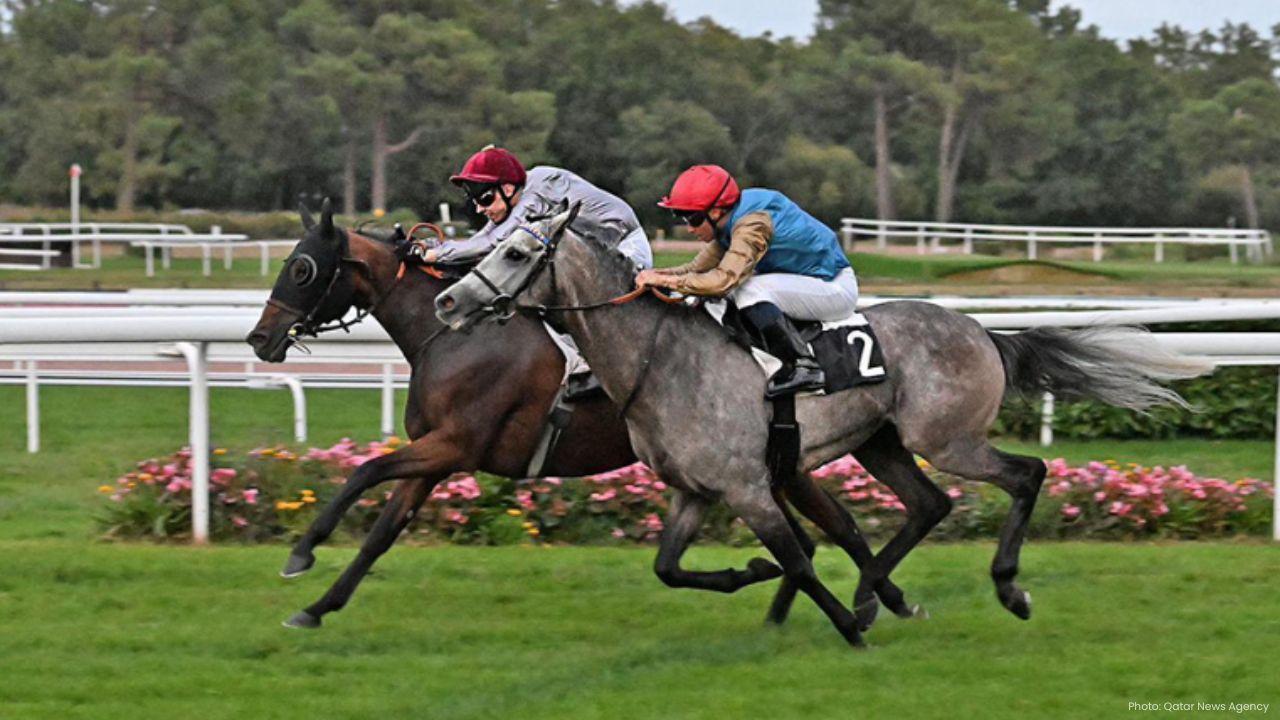
Post by : Mumtaaz Qadiri
The latest data from the Statistical Centre for the Cooperation Council for the Arab Countries of the Gulf (GCC-Stat) shows that GCC countries have made strong progress in the Circular Carbon Economy (CCE) Index. The overall average score for the GCC rose to 41.5 in 2024, compared to 37.7 in 2023. This shows that member states are working actively towards reducing emissions and adopting sustainable energy practices.
GCC Countries Lead In MENA Region
The data revealed that three GCC countries ranked at the top in the Middle East and North Africa (MENA) region. The CCE Index measures the efforts of 125 countries worldwide to achieve net-zero emissions. It uses a framework that balances the use of emission-reduction technologies with tools that help countries transition to a low-carbon economy. GCC countries are now being recognized for their leadership in this field.
Understanding The CCE Index
The Circular Carbon Economy Index consists of two main parts. The first is the Performance Index, which looks at how well countries use technologies to reduce emissions. GCC countries scored 35.8 in 2024, up from 29.7 in 2023. This increase shows that the region is adopting new technologies and methods to lower carbon emissions.
The second part is the Enablers Index, which measures how ready countries are for a low-carbon economy. In 2024, GCC countries scored 47.2 points, compared to 45.6 points in 2023. This progress shows that these nations are preparing for a sustainable future while supporting economic growth and energy security.
Renewable Energy Contributions Rise
The data also highlights that GCC countries have significantly increased their contribution to global renewable energy. The share of the GCC’s installed design capacity for renewable energy plants rose to 0.43% in 2024. In 2015, this share was only 0.03%. This demonstrates that the region is investing in clean energy and working to expand renewable power sources for both local and global benefits.
GCC Commitment To Energy Transition
The Supreme Council of the Gulf Cooperation Council (GCC) reaffirmed its dedication to the energy transition. Member states are focusing on key pillars, including energy security, economic development, and climate change. This involves sustainable investments in hydrocarbon resources while also developing renewable energy solutions. The commitment ensures that GCC countries continue to lead in energy sustainability and environmental responsibility.
Four Pillars Of Circular Carbon Economy
GCC countries are following the four main pillars of the Circular Carbon Economy approach. These pillars are: reducing, reusing, recycling, and removing emissions. By implementing these steps, the countries are not only reducing greenhouse gas emissions but also turning waste and emissions into useful resources. This method is helping the GCC move closer to achieving net-zero targets in a practical and sustainable way.
Technology Plays A Key Role
The adoption of advanced emission-reduction technologies is a key factor behind the GCC’s improvement in the Performance Index. Countries are using modern solutions to monitor emissions, improve energy efficiency, and reduce the environmental impact of industries. These technological advancements allow GCC nations to make measurable progress in their fight against climate change while maintaining economic growth.
Preparedness For Low-Carbon Economy
The Enablers Index shows that GCC countries are preparing for the transition to a low-carbon economy. This includes planning policies, investing in research, and developing infrastructure for sustainable energy. Being ready for a low-carbon future ensures that the region can continue to grow economically while meeting global climate goals.
Global Recognition For GCC Efforts
The rise in the CCE Index and renewable energy capacity highlights the GCC’s efforts on the global stage. The countries are contributing to international climate initiatives and setting examples for other nations. By increasing their renewable energy projects and adopting circular carbon practices, GCC countries are being recognized as leaders in sustainable energy development.
Economic And Environmental Balance
The GCC approach emphasizes that economic development and environmental responsibility can go hand in hand. Investments in renewable energy, emission-reducing technologies, and low-carbon policies are helping countries grow their economies while protecting natural resources. This balance is essential for long-term sustainability and regional stability.
Future Outlook For GCC
Looking ahead, GCC countries plan to continue advancing in the Circular Carbon Economy. With new projects, research, and technology adoption, the region is expected to further improve its CCE scores. The focus remains on achieving net-zero emissions, expanding renewable energy capacity, and maintaining economic prosperity while combating climate change.
The latest CCE Index shows that GCC countries are making meaningful progress in environmental sustainability. Through technology, policy, and renewable energy investment, the region is moving closer to achieving a low-carbon economy. The commitment of member states to the four pillars of Circular Carbon Economy—reducing, reusing, recycling, and removing emissions—demonstrates their dedication to a sustainable future for the region and the world.
GCC carbon economy, Renewable energy growth, Net-zero emission










NMDC Group And ADNOC L&S Sign Three-Year Deal For Offshore Work
NMDC Group and ADNOC Logistics & Services sign a three-year deal to deliver maritime services for of

Six Miners Trapped After Earthquake Hits Coal Mine In China
A mining-related earthquake struck a coal mine in Heilongjiang, China, trapping six miners undergrou

Train Collides With Bus In Mexico Killing 10 And Injuring Many
At least 10 dead and 41 injured after a train hit a bus at a rail crossing in Mexico. Authorities co

UAE Olympic Football Team Qualifies For AFC U-23 Asian Cup Finals
UAE Olympic football team qualifies for AFC U-23 Asian Cup finals in Saudi Arabia despite 3-2 loss t

Apple Launches iPhone Air With Thinnest Design & Pro Performance
Apple unveils the new iPhone Air, its thinnest model with pro performance, multiple colors, large st

Al Wakrah Wins French Arabian Breeders’ Challenge Sprint Again
Al Wakrah, trained by Jean de Mieulle, wins French Arabian Breeders’ Challenge Sprint in France, mar